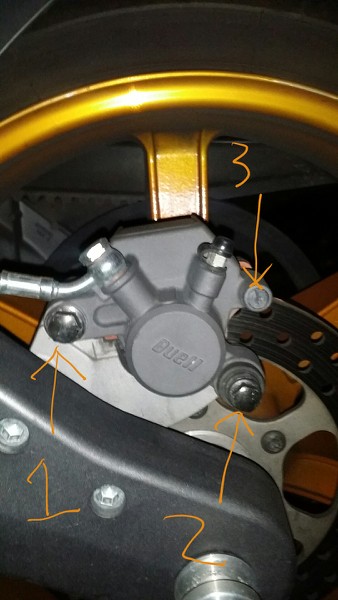
Originally Posted by
WhiskeyFox

@LunaticFringe
I've never seen the value of replacing brake fluid at pad change time.
I usually don't even open the cap either.
In my experience I've never had difficulty compressing the piston while the system is sealed up, and the fluid level at the end is usually still within spec.
Besides, I think if you are going to change most of the fluid then you should just change ALL the fluid! Adding new juice to old juice isn't helping anything. It's not hurting anything either, but it's money you don't need to spend.
I also don't want any potential for air to enter the system, and completely emptying the master cylinder is a good way to do that! Sorry, but I'm not bleeding the brakes for a simple pad change...
When it's time to change the fluid, then I'll drain it all, clean the master cylinder, refill, bleed, and finish it up. Pad day? I think it's unnecessary.
... But I guess if you regularly add fluid to the reservoir you would have to remove fluid come pad day. I never was that diligent. As long as my fluid is between the lines I let it roll, and it always seemed to me if the fluid was getting low and there weren't any leaks then the pads were on their way out anyway.
YMMV...





 Reply With Quote
Reply With Quote





